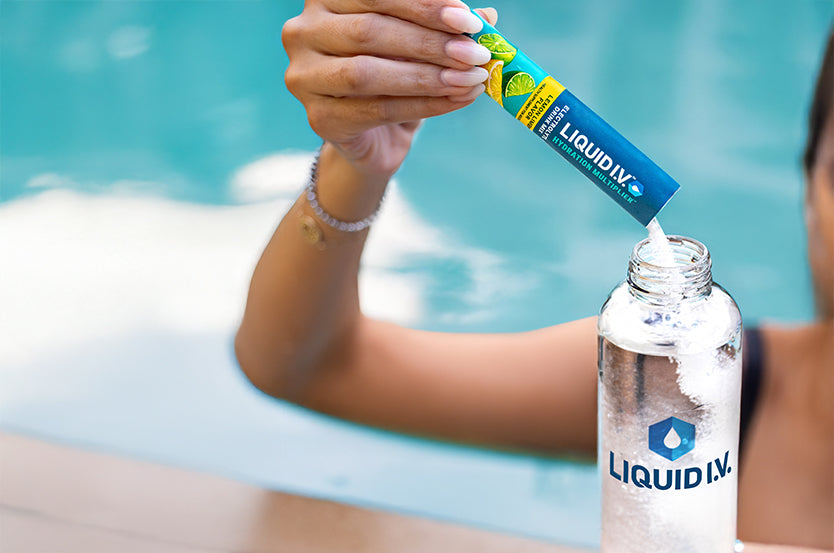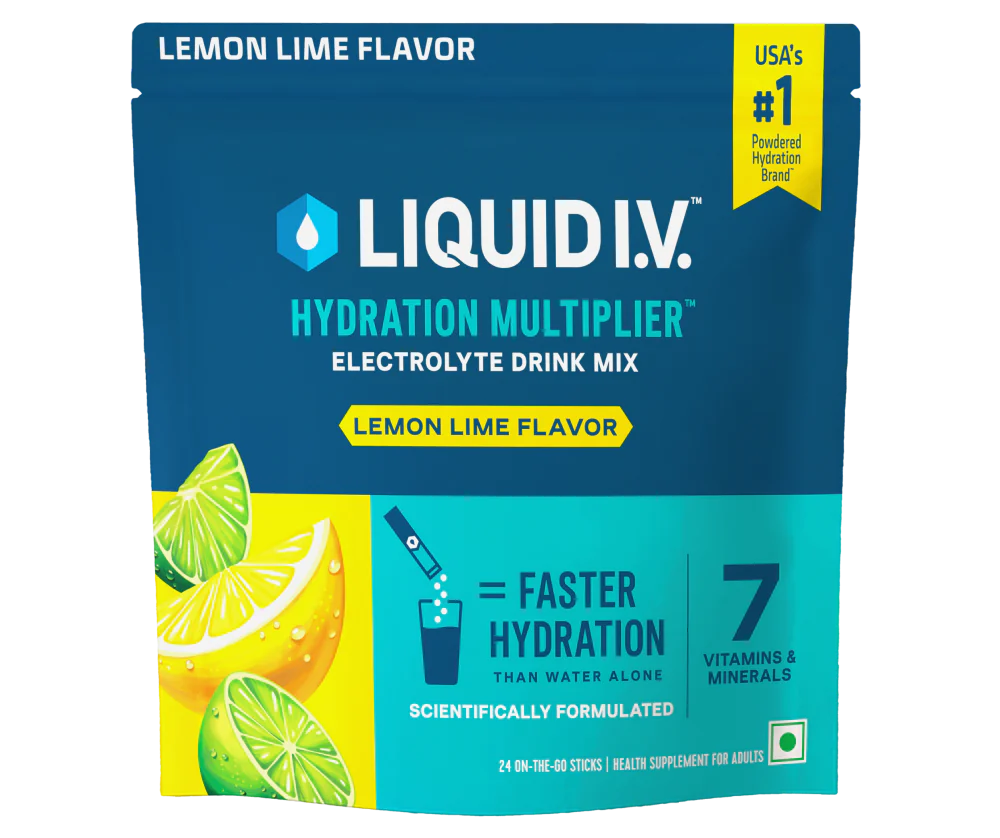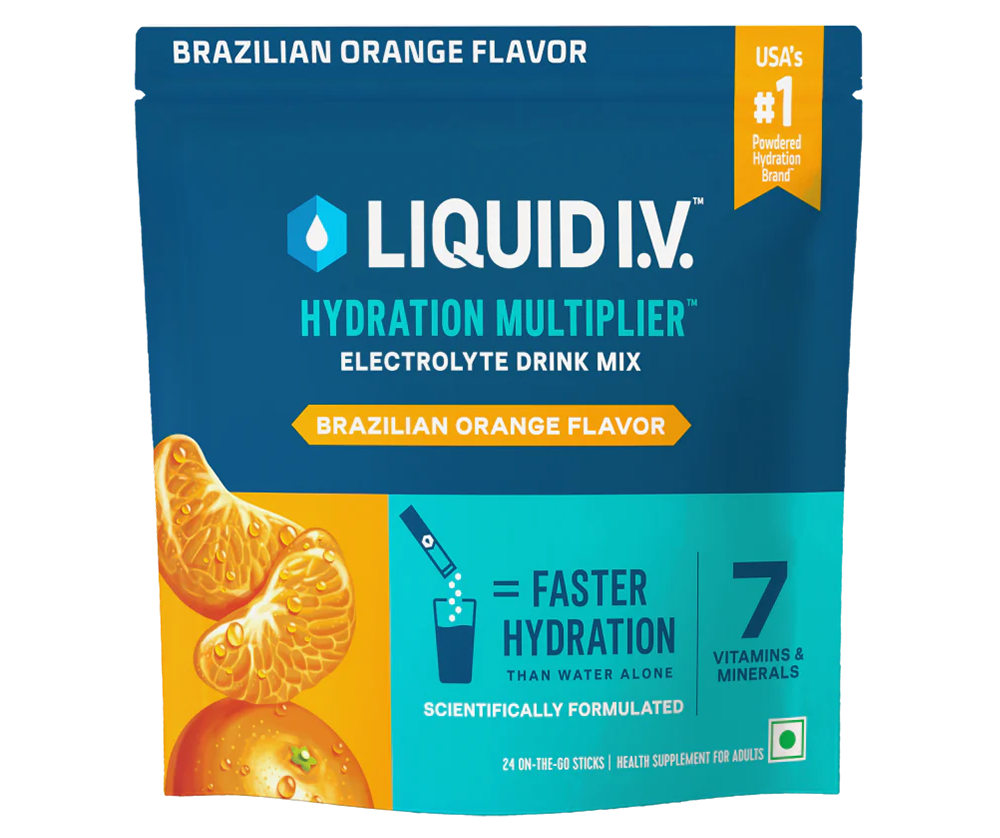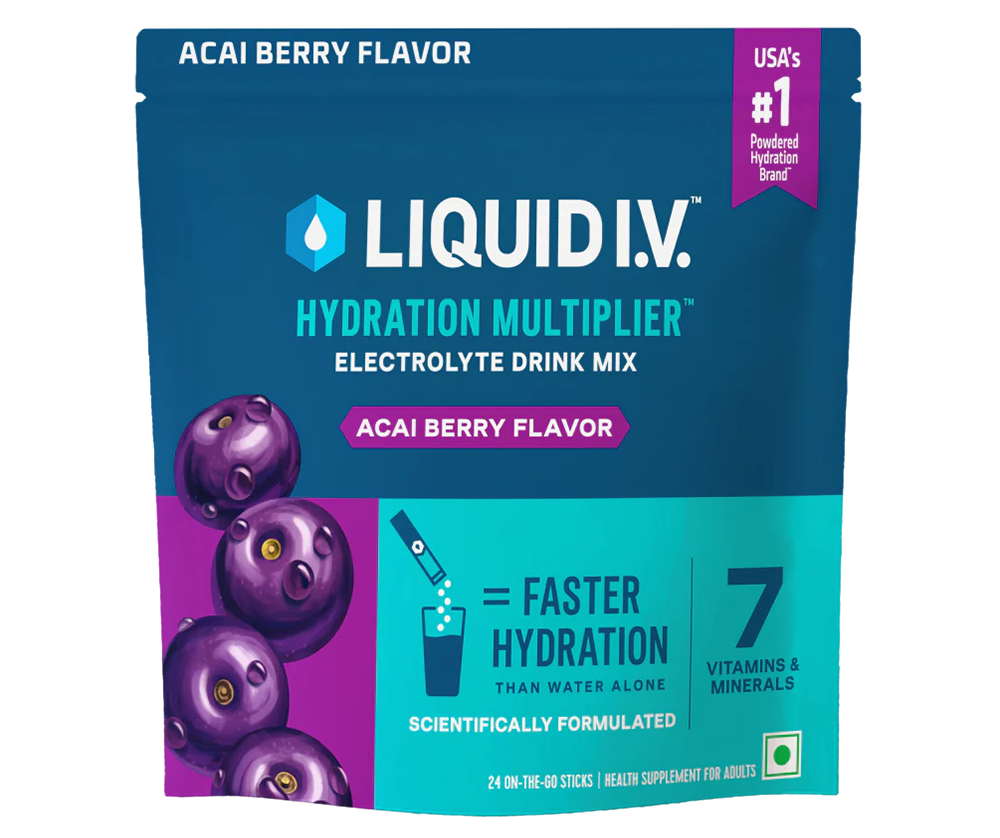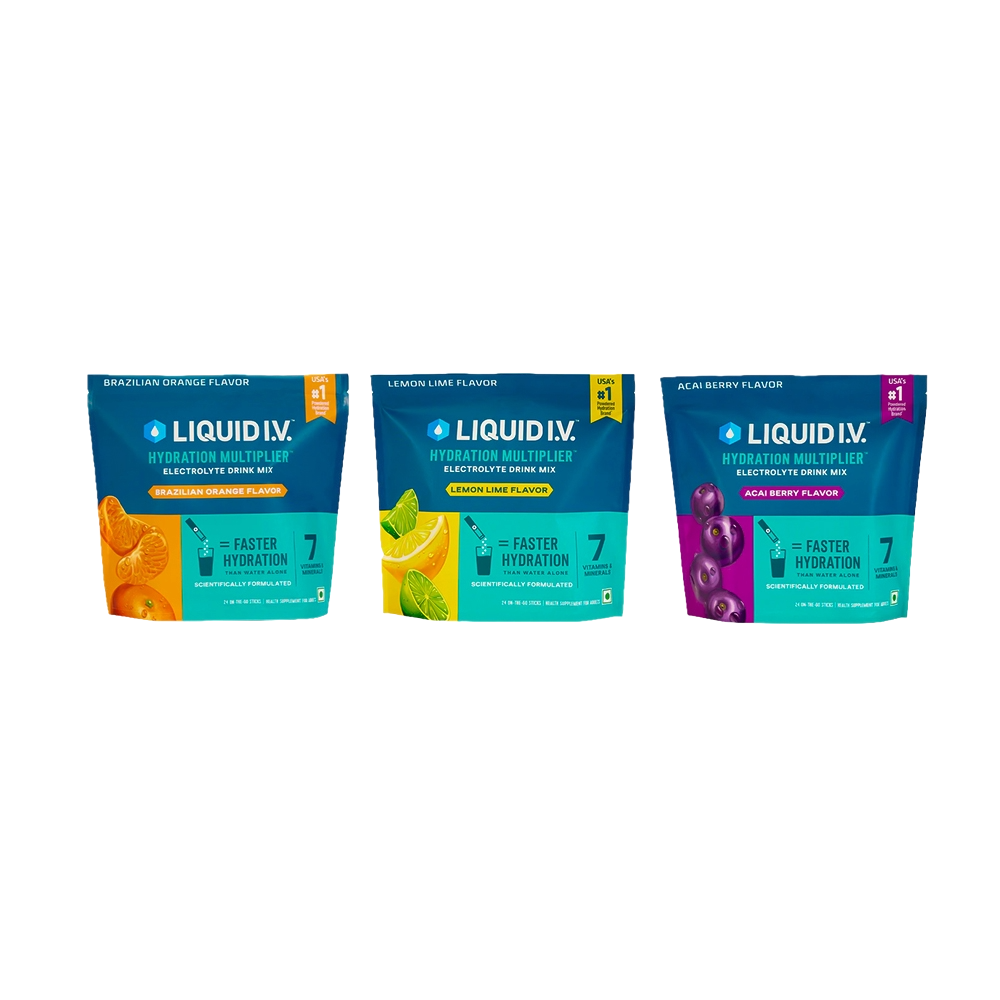Coffee & Dehydration: What You Need to Know Before Your Next Cup
Introduction
Put one finger down if your day is incomplete without that cup of coffee. We had to stop ourselves from putting all our fingers down!
Coffee gives us that kick; it “wakes” many of us up as many of us drink it first thing in the morning, and it saves us from having an embarrassing dozing moment in the office when that afternoon nap hits. Coffee helps us this way because of the caffeine present in it, which acts as a stimulant: it alerts the brain and makes us feel active [1].
A bonus is that it contains a few nutrients along with caffeine – it is said to have a small amount of electrolytes like Potassium and magnesium, and even Vitamin E. [2].
Coffee is made by brewing roasted seeds from Coffee beans. Caffeine, along with being a stimulant, is also a diuretic – it makes us urinate more. Because of this, it can potentially dehydrate us and it can be called coffee dehydration. However, it has been documented that the water content in coffee can contribute to our daily water intake to an extent when consumed in balance [3]. So, where do we draw the line? Is coffee a hydrating beverage or a dehydrating devil?
Link Between Caffeine and Hydration
Caffeine in coffee is rapidly absorbed, which comes as a no-brainer [1]. No wonder it gives us that wake-up jolt first thing in the morning.
While the caffeine in coffee is a well-known diuretic, a few cups a day are not too harmful[1]. The safe limit for caffeine intake is 200 mg per single dose and 400 mg per day, which amounts to 3-4 cups [4]. Studies have shown that consuming a moderate amount of coffee can be beneficial since the compounds in coffee have a few good properties, such as antioxidant activity. This means that such levels of coffee will not dehydrate you too much, provided your hydration routine, nutrition habits and other health parameters are okay.
This holds specifically true if you are someone who has an active lifestyle. Working out in hot, humid climates triggers dehydration. On top of that, if you drink coffee, the chances of getting dehydrated increase. Hence, watching that you are not over drinking coffee and sufficient fluids throughout the day is essential. It totally helps with coffee related dehydration.
Caffeine Content in Different Types of Coffee
The safe limit for caffeine intake is 200 mg per single dose and 400 mg per day, which amounts to 3-4 cups of coffee. And now you are wondering why, despite taking just that, you still feel like a jittery mess! Well, buckle up because a study dives deep into the caffeine content of your favourite brews! [5] Those fancy "takeaway" coffees pack a punch with three times more caffeine than your humble homemade cup. Americano lovers, brace yourselves—your go-to drink is the heavyweight champion with mostly 143 mg of caffeine per serving. At the same time, the lightweights are those simple hot water and ground coffee pour-overs at just 23 mg/serving. So, next time you grab that coffee, remember: your homemade brew might be the safer bet to avoid bouncing off the walls!
Can Drinking Too Much Coffee Cause Dehydration?
If you are not a habitual caffeine drinker and suddenly consume a large amount, it may cause you to use the loo more frequently and disrupt your fluid and electrolyte balance. Anything higher than 400 mg of coffee/day is not recommended, and if you are doing so, dehydration may knock on your door [6].
Should I Avoid Coffee If I Am Dehydrated?
If you already see mild signs of dehydration, drinking water and/or electrolytes is best. Since coffee can trigger coffee dehydration, drinking coffee when dehydrated may not be helpful; mild signs of dehydration should be addressed with electrolyte-rich fluids. After a quick rehydration boost, and once we return to our best selves, maybe a cup of coffee wouldn’t hurt.
In short, you don't always worry about your favourite brew dehydrating you, provided you drink it in moderation, have good hydration habits, and have no underlying medical condition. However, if you're feeling a little thirsty—remember to drink water to address the thirst, not coffee. Hydration is about total balance; water is still the most terrific way to rehydrate.
Conclusion
Coffee can contribute to water intake, only if you have it in moderation. However, if you have an active lifestyle, such as you work out, or are in hot, humid weather, your hydration levels may take a hit. Also, if you have any medical condition that requires you to stay away from coffee, you must! Moderate coffee consumption, while maintaining the safe caffeine levels as mentioned before in this blog, is okay, provided you have a good hydration routine. Coffee does have some health benefits, but to reap the benefits of it, you must be a hydration smartie too! Drink wisely and stay sharp!
FAQS on Coffee and Dehydration
-
Can coffee keep me hydrated?
Yes and no. The water content in the coffee can count toward your daily fluids. However, the caffeine in the coffee might make you pee a little more, making you lose that precious water. So no, your morning brew isn’t secretly drying you out. Make sure you drink water before you drink your coffee! -
Will coffee mess with my electrolytes?
Not unless you're drinking excessively and skipping actual water and meals. For most people, consuming a couple of cups daily is okay—just be sure to eat healthily and drink enough water. However, if you feel you have overdone it and can see mild signs of dehydration creeping in, add a sachet of Liquid I.V. to your 500 ml of water for a quick rehydration fix. -
Is tea better for hydration than coffee?
Tea usually has less caffeine, so it’s gentler if you’re sensitive. But honestly, whether you’re a tea sipper or coffee lover, having a good hydration routine is essential.

